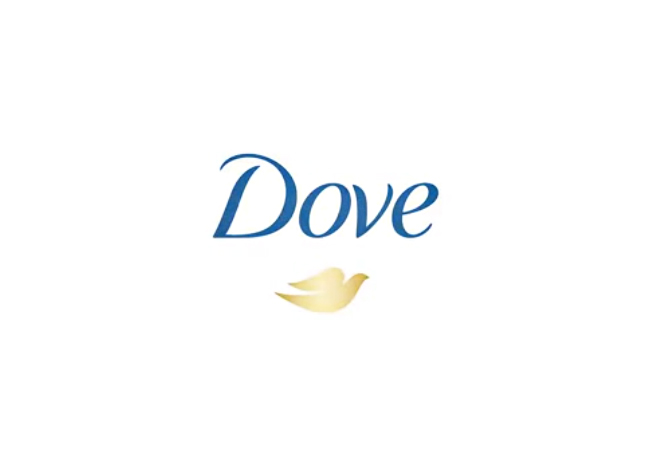Secure your place at the Digiday Media Buying Summit in Nashville, March 2-4

Dove has gotten sneaky with its latest attempt to promote its message of positive body image and self esteem for women.
Women are faced with a lot of pressure when it comes to their appearance. Thanks to the media’s excessive photoshopping and portrayal of the ideal woman as tall, thin, with flawless skin and perfect teeth, women are held to an unrealistic standard of beauty. Dove Canada wanted to go directly to the source to those who create these retouched images: art directors, graphic designers and photo retouchers. So the brand, with the help of Ogilvy Toronto, created a Photoshop Action called “Beautify.”
Dove made it look like the action adds a nice “skin glow” to images but in fact, it undoes retouching in images to restore the female form to its original, natural state. Dove planted stories and links about this new free beautifying Photoshop tool on sites that art directors and photo retouchers visit regularly to get them to download the action and use it.
When a photo retoucher would apply the “Beautify” action to their retouched image, the “Beautify” action would actually act as a Trojan Horse and undo all of the retoucher’s work and slap this message on the photo: “Don’t manipulate our perceptions of real beauty.” There is also a note that the retoucher can just go back to undo the action.
It’s really cool to see a brand consistently take such a strong, positive stance and adopt hacker behavior to get the message across. Check out the video below to see how it works.
More in Marketing

WTF are tokens?
When someone sends a prompt or receives a response, the system breaks language into small segments. These fragments are tokens.

AI is changing how retailers select tech partners
The quick rise of artificial intelligence-powered tools has reshaped retailers’ process of selecting technology partners for anything from marketing to supply chain to merchandising.

YouTube’s upmarket TV push still runs on mid-funnel DNA
YouTube is balancing wanting to be premium TV, the short-form powerhouse and a creator economy engine all at once.





